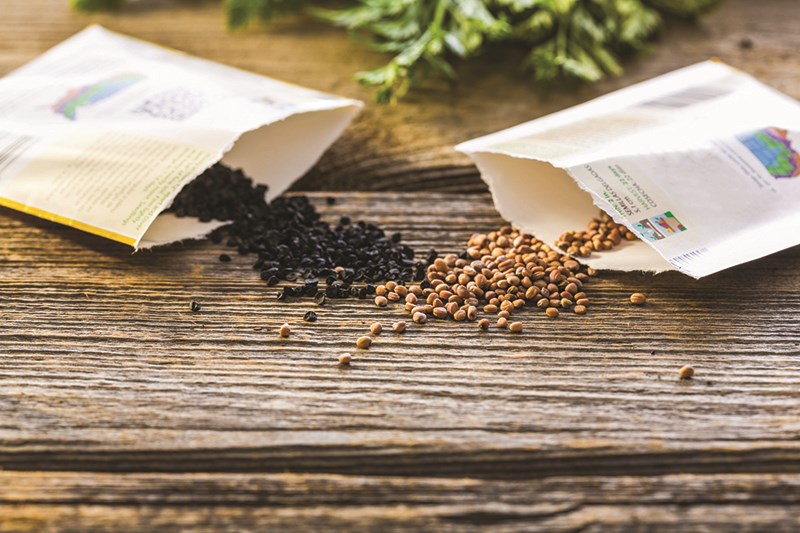Troy Shantz
A cereal company’s well-intentioned distribution of free flower seeds could actually be harmful to the local ecosystem, says native plant expert who is offering his own free alternative.
The ‘Bring Back The Bees’ campaign by General Mills, makers of Honey Nut Cheerios, encourages people to fill out an online form and get a packet of wildflower seeds for planting to helps bees and other pollinators.
“It’s a nice idea, but understand the earth is organized in a specific way. There are specific plants that evolved in areas with the local insects,” said Shawn McKnight of Return The Landscape.
The Cheerios seeds, for example, include California poppy, listed as an “invasive exotic pest plant” in the Southeastern U.S. and parts of Canada.
And Chinese forget-me-not is a “noxious weed” in parts of the eastern U.S., although it has reportedly since been removed from the mix.
“In other examples, these plants that are brought in could be quite invasive and could just totally dominate an ecosystem and destroy it,” McKnight said.
As an alternative, Return the Landscape has prepared packets of free wildflowers native to this area to help local bees and other pollinators.
The mix includes black-eyed Susans, butterfly milkweed and hairy beardtongue, which are well suited to local gardens, he said.
The packets will be available during a native plant sale at DeGroot's Nurseries on May 13, from 10 a.m. to 4 p.m.
